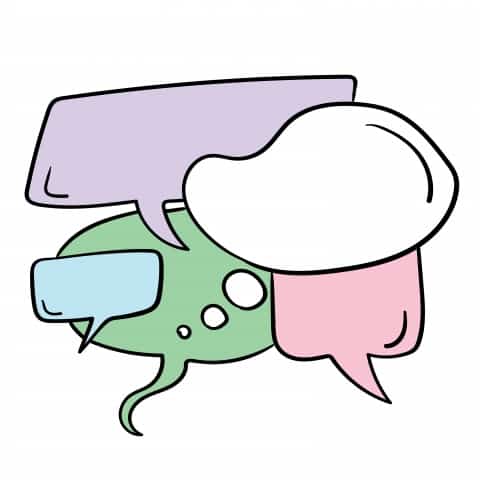On March 3, University of Saskatchewan students observed the United Nations’ International Mother Language Day to commemorate the Language Movement of the 1950s in former East Bengal, now Bangladesh. The event recognizes the language rights of all people and is held each year on Feb. 21.

The Bangladesh Undergraduate Student Federation hosts the event annually, highlighting the importance of cultural diversity on campus and worldwide. It also focuses on encouraging the knowledge of students’ mother languages and additional languages, building a historical connection, and promoting and protecting Indigenous languages both in Canada and worldwide.
Pritam Sen, a fourth-year student in mechanical engineering and the BUSF president, elaborates on the event’s aims.
“We want students at the U of S to know about the Mother Language Day and also [to] create an awareness of practicing their own languages. There’s people from everywhere here on our campus [and] all over Canada,” Sen said.
First held in 2014, this is the fifth year that the BUSF has hosted International Mother Language Day. Traditionally held in Louis’, this year’s event has moved to Quance Theatre to accommodate the growing interest of students and the expansion of performances by groups both from on and off campus.
The event featured performances by the BUSF, two Indigenous dancers, the Nepalese Students’ Association, the Nigerian Students’ Association, dancers from the Russian Language School of Saskatoon, one Sri Lankan dancer, the Undergraduate Chinese Culture Club and the Filipino Students’ Association.
This year, the BUSF incorporated an educational element to the event. Speeches by students and U of S professors explored the importance of language, diversity and the preservation of language in relation to identity, Sen explains.
“Mother Language Day doesn’t necessarily mean it has to be some other language than English. This event is not only about your own language but also about respecting others’ languages and learning about their language and culture,” Sen said.
Given its historical influence on International Mother Language Day, the Language Movement is central to the event, as Paromita Sengupta, a third-year computer science student and BUSF vicepresident of administration, emphasizes.
“This is really special for us, because we fought on [Feb.] 21, Language Day, and the fight was actually done by the students. The young generation has to know the history behind this event,” Sengupta said.
In 1947, the dominions of India and Pakistan were established, and Bangladesh, called East Pakistan at the time, was included as part of Pakistan. Urdu, the majority language of modern-day Pakistan, was adopted as the official language, which excluded the Bengali language and people.
On Feb. 21, 1952, students at the University of Dhaka initiated the Language Movement for the recognition of their linguistic distinction, which led to a violent crackdown by police. Four years later, the government of Pakistan recognized Bengali as an official language. Bangladesh gained independence in 1971.
Emeritus professor in the Edwards School of Business Asit Sarkar explains why it is important that the U of S provide space to celebrate the many cultures on campus.
“I noticed that, in each group and participation, they were not boasting about themselves, but they were saying, ‘This space helped us to bring our culture’ and ‘Our culture is no different from your culture,’” Sarkar said.
The event concluded with a performance of “Amar Bhaier Rokte Rangano,” a famous Bengali song dedicated to those who fought for their language rights in the Language Movement, by five students in their languages of Bengali, Hindi, English, Nepali, Russian and Spanish. The song is known in English as “My Brothers’ Blood Spattered” and has been translated into 12 other languages, Sengupta says.
Madhurja Ghosh, a U of S alumnus of accounting and one of the event’s organizers, notes the importance of retaining and protecting one’s mother language.
“Your own mother language, or mother tongue — or your own culture — is something you grew up with,” Ghosh said. “Someone trying to take it away is like taking away your genes — the roots — from you and trying to make you a different person.”
—
Matthew Selinger
Graphic: Jaymie Stachyruk
Leave a Reply